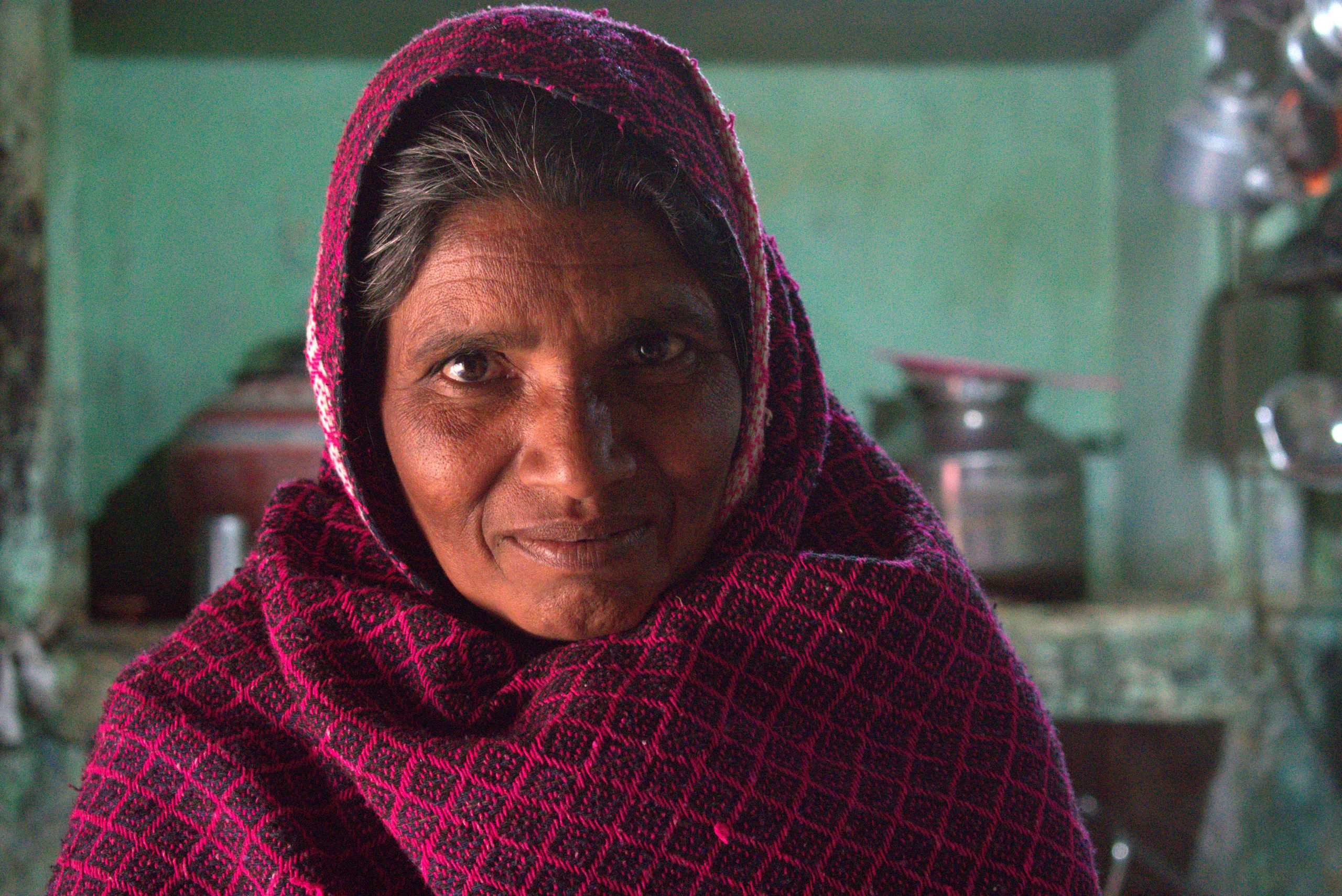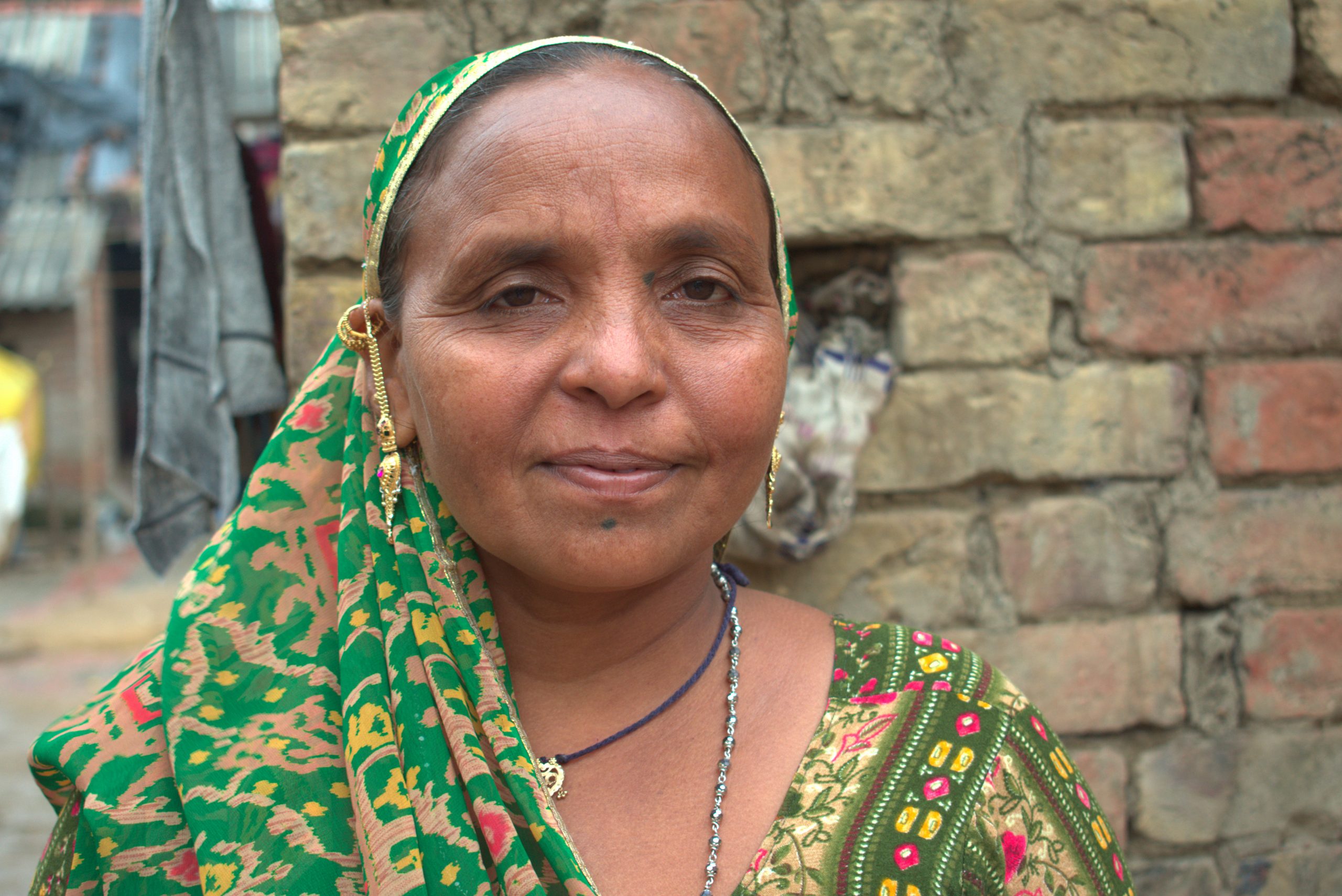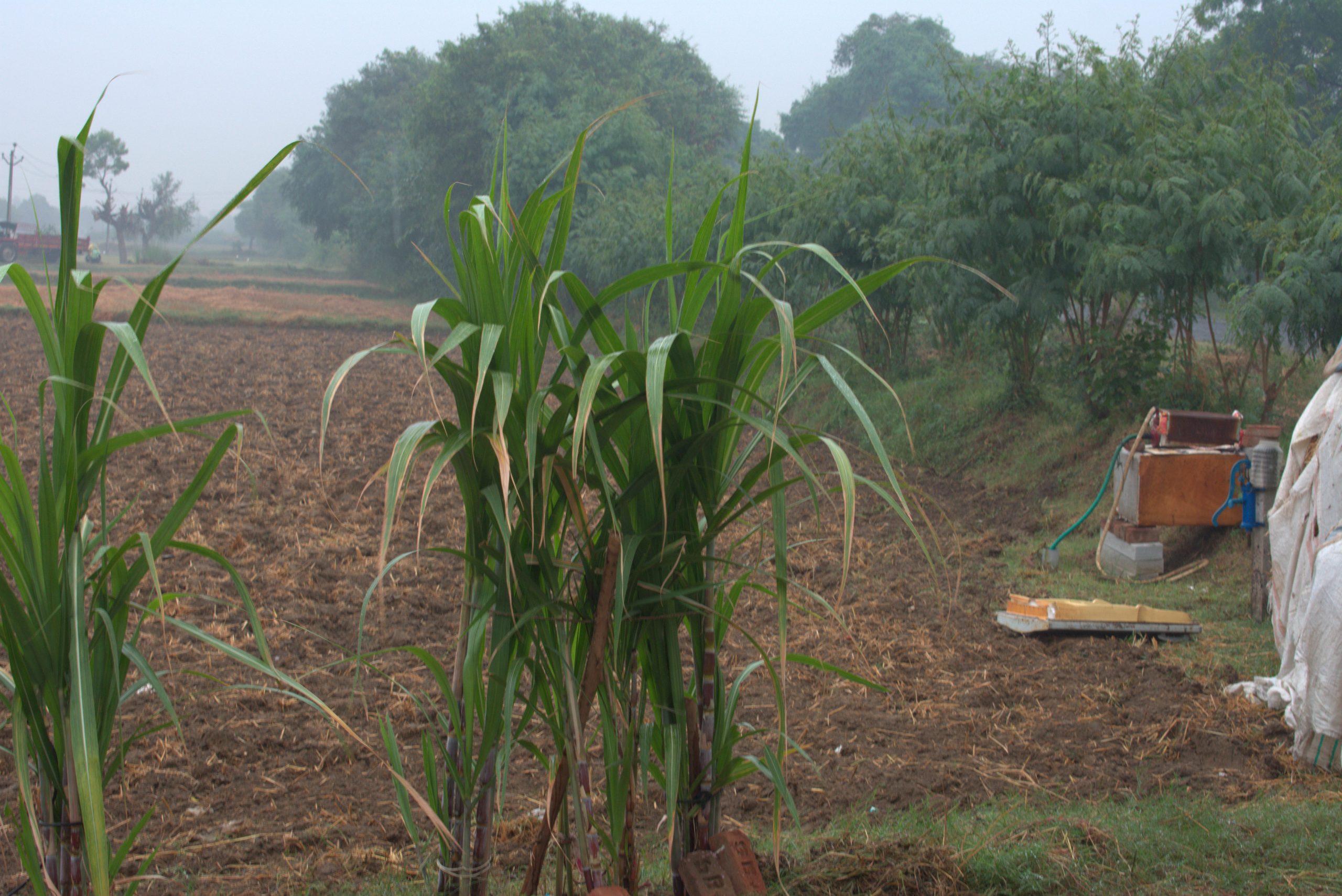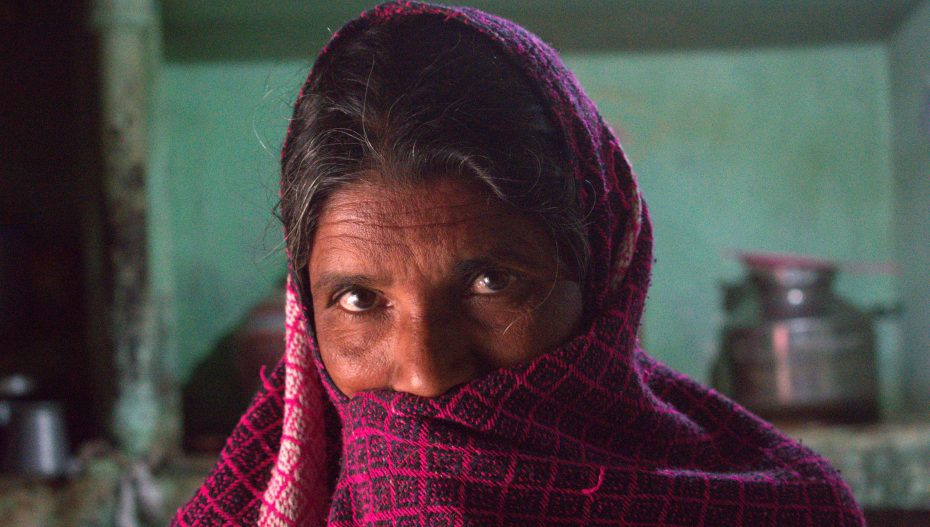In a tiny village about 52 km from Ahmedabad, two women, though illiterate in conventional terms, are fighting a battle that has the potential to turn some of the most archaic and patriarchal rules on land ownership on their heads.
“The land is everything to me and it is my right to own it. I will fight till my last breath,” says Geetaben Rathore (43). Rathore, a widow who lives in Sankod village of Bavla Taluka, has been fighting for a 4-acre plot that was passed on to her after her husband’s death in the early 2000s.
“I had sold the land in 2005 as I had no money, no job and kids to look after. My neighbour had sold her 10-acre plot for Rs 10 lakh. I approached the same broker, who was representing a factory owner for purchasing land and struck a deal. He promised Rs 3 lakh to me, but paid only Rs 1.48 lakh,” she told Vibes of India. Now, the land value is close to Rs 40 lakh.
Geetaben then approached the Taluka Panchayat for justice and won her appeal. However, the broker and the factory owner recently appealed to a District Court, stating that Geetaben had signed the papers which claimed that the money was paid in full to her. “I am illiterate, I signed the paper thinking they will stick to their words. I did not know they would cheat me. I will get back my land, no matter what,” Geetaben says calmly but with extreme conviction.
Geetaben has hired a lawyer for Rs 60,000 and has to visit court once every month which is over 30 km away from where she lives. The family of four has a monthly income of Rs 22,000. So far, Geetaben has paid the lawyer Rs 12,000. “I have not missed a single court hearing,” she emphasises.
The matter of land titleship gains importance as agricultural lands can’t be purchased by a non-agriculturist in Gujarat. Earlier, only those residing in the state could invest in agricultural land in Gujarat but in 2012 the Gujarat High Court passed a judgment that allows any agriculturist in the country to purchase such land in the state.
Till the time the case is ongoing in court, Geetaben has given the land for farming to other landless farmers. She gets one-third of the produce grown there. However, in the case of her losing the land title, she will be deprived of all access to credit, insurance, technology, market and compensation in case of crop losses due to untimely rains. In short, she will be robbed of all the state and Central government-related benefits an agriculturalist is entitled to.

In Sankod, around 2,018 people own land titles, according to the informal survey done by the field officers of an NGO associated with Ahmedabad-based Women Group for Women and Land Ownership (WGWLO). Out of these, only 13% of the land is owned by widowed women. Most of these widows belong to Dalit communities and Other Backward Classes.
“This is patriarchy in data. Men don’t like to share power and owning land allows them to have a higher say in any family,” Nafisa Barot, an activist and founder of Gujarat-based NGO Uthan, tells VoI.
Broken, But Stronger
A stone’s throw away from Geetaben’s house is the humble residence of Meena Patel (35). Patel, like Geetaben, is a widow and a mother of three. Years of struggle have begun to show on her creased, ruddy face making her look much older than her years. “I am stronger now than I was years ago. I dare anyone to try and take anything from me that is rightfully mine,” Meenaben asserts.
Though said jovially, her statement would make anyone think twice before crossing her.
“My husband died when my son was about to be born 13 years ago. All hell broke loose after that. My in-laws and my deceased husband’s two brothers threw me out of the house when I asked them to pass my part of my husband’s land titles to me. I told them straight-faced, I don’t care if I die here, I am not leaving the house.”

Meenaben eventually had to depart the in-laws’ house when the violence began. “One of my husband’s elder brothers broke my arm. I had three kids and so I struck a deal. I gave the uncultivable plot to them and then bought the 1-acre plot for building a house for my kids and me. I paid Rs 1.38 lakh for the land that was supposedly mine,” she said.
Meenaben said that her in-laws have mortgaged a total of 25 acres so far. “When I recently went to the bank to open a new account, I got to know they had taken a loan of 45 lakh from the bank. Now where do I get Rs 45 lakh from?” she says.
She owns a 4-acre agricultural land of which she has mortgaged half, and tills the remaining herself. She also works as a daily wager and gets paid Rs 250 for a day’s work.
“I made this house from my own hands. It’s small, but this is where I fight from,” Meenaben says proudly.
Status of Land Ownership in Gujarat
A study of various research papers, using different datasets, reveals that in Gujarat 7.74 per cent of women inherited some land in Adivasi areas as compared to 4.63 per cent in caste villages. These shares were not recorded formally. Informal ownership was more prominent in a tribal set-up, while in the caste villages only young widows had informal ownership of land (Meera Velayudhan, Bina Agarwal).
Status Across India
It is difficult to arrive at one figure as multiple agencies and NGOs have been conducting formal and informal surveys over the years using different datasets and survey methodologies. But some prominent studies, when put together, paints a grim picture.
According to the India Human Development Survey undertaken in 2018, around 83 per cent of agricultural land in India was inherited by male members of the family. Less than two per cent of the land was inherited and owned by their women counterparts.

The disparity of gender roles and rights in agriculture can be further underscored by a reading of the private bill introduced by Rajya Sabha member MS Swaminathan in 2012. The Bill touched upon the concept of ‘feminisation of agriculture’, arguing that while men from poor households increasingly tend to go to towns and cities seeking work and income-earning opportunities, women take care of the field in their absence.
“While women farmers are extremely hard working and are also conversant with sustainable agriculture practices, they suffer from several handicaps such as title to land, and access to credit, inputs, insurance, technology and market. As early as 1995, the Fourth World Conference on Women held in Beijing urged developing countries to pay attention to the gender-specific needs of women farmers,” Swaminathan argued in the bill.
According to the State of Land Report 2018 index, India’s average women’s land rights was at 12.9%.














